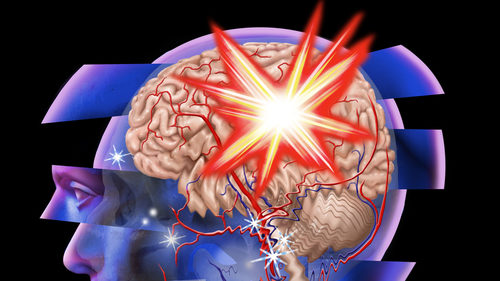Addiction, also known as substance use disorder (SUD), is a chronic brain disease and is listed as such in the Diagnostic and Statistical Manual of Mental Disorders, Fifth Edition (DSM-5). Substance use disorder is defined as a “complex condition in which there is the uncontrolled use of a substance despite harmful consequence.” Individuals that struggle with addiction will prioritize satisfying drug cravings above all else. This can lead to detrimental consequences, affecting all areas of one’s life. The development of substance use disorder does not occur immediately, nor will recovering from addiction be achieved instantaneously. Further, there is no universal treatment method that proves most effective when it comes to the recovery process from substance use disorder. Rather, a customized treatment plan that considers an individual’s unique circumstances and is tailored to address his or her nuanced and distinct needs is essential to the efficacy of treatment. Depending on one’s needs, the most effective treatment plans could consist of one or more of the following interventions:
- Cognitive behavioral therapy (CBT): this can help correct irrational, inaccurate, and/ or distorted thoughts as well as help an individual develop skills and healthy coping mechanisms for reducing anxiety and stress while remaining sober.
- Expressive arts therapy (e.g., play therapy, art therapy, music therapy, drama therapy, sand therapy, etc.): provides an alternative medium to express, process and integrate one’s thoughts and feelings surrounding the recovery process.
- Eye movement desensitization and reprocessing therapy (EMDR): utilizes guided eye movement techniques to help process one’s memories, thoughts, and emotional associations in relation to abusing drugs and/ or alcohol.
- Dialectical behavior therapy (DBT): is based on the principals of CBT, but places greater emphasis on the psychosocial aspects of treatment. Through DBT individuals can learn healthy coping mechanisms and useful techniques for managing stress, regulating emotions, and improving relationships with others.
- Rational emotive behavior therapy (REBT): the core of REBT is the notion that rational thinking comes from within, and that positive and negative feelings do not manifest because of external stimuli, but rather are derived from one’s internal thoughts. REBT helps to teach individuals how to understand their own thoughts and subsequently develop rational thinking habits that promote positivity.
- Interpersonal therapy (IPT): focuses on how a person’s communications and interactions with other people affect his or her own mental health. Through interpersonal therapy an individual will learn to resolve and adjust unhealthy interpersonal problems, resulting in a symptomatic recovery.
Treatment plans may also include refining one’s daily habits (e.g., practicing mindfulness techniques, exercising regularly, developing healthy sleeping habits, eating nutritiously, etc.) to further improve one’s overall health and wellbeing.
For Information and Support
If you are concerned for yourself or a loved one regarding substance abuse and/ or addiction, we recommend reaching out for help as soon as possible. If left untreated, substance abuse can result in long lasting and potentially life-threatening consequences. Keep in mind: you are not alone! There is an entire network of professionals that are available to help and support you and your loved one throughout the recovery process. The earlier you seek support, the sooner your loved one can return to a happy, healthy, and fulfilling life.
Please do not hesitate to reach out with any questions regarding our specific program at Haven House Addiction Treatment and/ or general substance abuse and/ or addiction treatment related information. Our highly trained staff is readily available to discuss how we might best be able to help you and your loved one. We can be reached by phone at 424-258-6792. You are also welcomed to contact anytime us via email at admissions@hhtxc.com.



